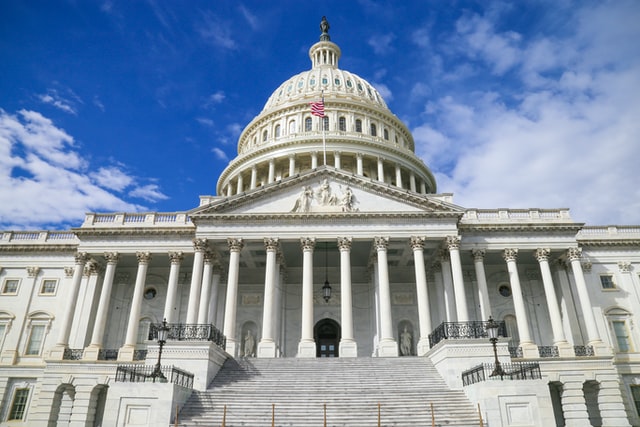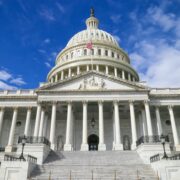
AMERICANS may be closer to receiving the long-awaited first COVID-19 stimulus checks of the new administration as the U.S. Senate moves forward on making a decision on President Joe Biden’s sweeping COVID-19 bill, which includes $1,400 direct payments to most American taxpayers.
The House of Representatives passed the $1.9 trillion coronavirus relief package — dubbed the American Rescue Plan — in the small hours of Saturday, Feb. 27, passing the bill onto the Senate.
Senate Majority Leader Chuck Schumer (D-N.Y.) said that Senate Democrats are hoping to pass the $1.9 trillion package before March 14 when the pandemic-driven expanded unemployment benefits expire.
Schumer told fellow senators on the floor this week that the chamber should prepare for “a hardy debate and some late nights. But the American people sent us here with a job to do, to help the country through this moment of extraordinary challenge.”
Previously, the bill included a measure that would increase the federal minimum wage up to $15 an hour, but Democrats scrapped the proposal to solicit more Republican support. (The current federal minimum wage is at $7.25 an hour.)
As such, the Senate is expected to make major changes to the bill and undergo a marathon voting session where any senator who wishes to force an amendment vote will be allowed to do so.
Because the Senate is likely going to impose major changes to the bill, it will need another pass for approval in the House before it is sent to Biden’s desk for final approval.
The president’s sweeping coronavirus relief plan includes the $1,400 stimulus checks that will be sent to taxpayers who make up to $75,000 a year and married couples who make up to $150,000 in their combined yearly income.
It also extends COVID-19 unemployment benefits and imposes bigger tax breaks for households with kids. It also creates a federal task force to oversee and streamline vaccine distribution, provides additional funding for schools to prepare for a return back to the classroom and expands aid to small businesses that have been financially affected.






